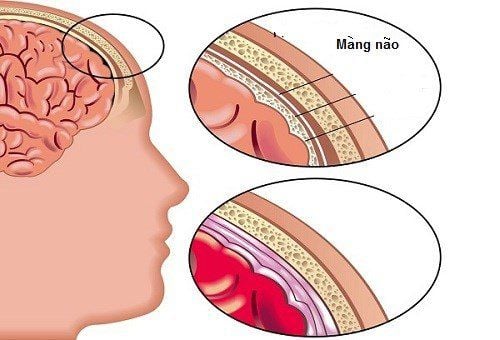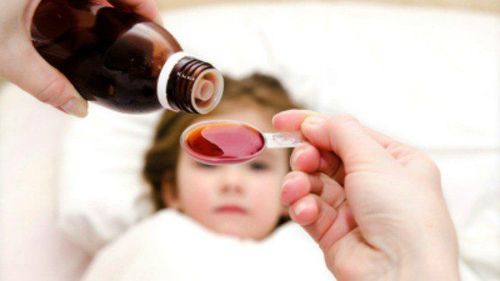This is an automatically translated article.
This article is expertly consulted by Master, Doctor Ngo Thi Oanh - Pediatrician - Pediatrics - Neonatology - Vinmec Ha Long International General Hospital.Bedwetting is a common problem in children. For children under 5 years old, this situation is not cause for concern. However, many cases when growing up, bedwetting still does not go away, causing many parents to worry.
1. What is bedwetting?
Bedwetting is a condition in which a child has the inability to urinate while asleep at night.It is necessary to clearly distinguish nocturnal enuresis and nocturia. Nocturia means you wake up to urinate at night and then go back to sleep.
Some children do not have bedwetting but have urinary urgency, which means they are aware of the need to urinate but do not have enough time to go to the toilet. Many people still confuse these two concepts with each other.
2. Is bedwetting a lot dangerous?
For children under 5 years old, bedwetting is considered a health problem because the child's body has not yet completed the function of the urinary tract. When at this stage, parents should not scold the child when the child wet the bed, need to patiently help the child through this stage of development. If your child is scared and feels pressured, his bedwetting will only get worse and worse.If the situation of bed-wetting continues for a long time, do not be subjective, it is necessary to take the child immediately to a medical facility to receive timely examination, advice and treatment from a doctor.
If the child reaches adulthood and still wets the bed, this can be a sign of some of the following diseases, especially the patient is at risk of death:
Stroke: about 6% of bedwetting cases are cerebrovascular accident (stroke). Patients with acute encephalitis: bedwetting and urinary incontinence are manifestations of this disease.

Hội chứng Williams - Beuren mắc chứng đái dầm
A burning sensation when urinating Pink or red urine There is swelling in the abdomen the feet After a while of healing, bedwetting comes back
3. Some factors increase the risk of bedwetting
Here are some factors that increase the risk of bed-wetting:For children, drink plenty of water Before going to bed In the morning too much activity Family members with bed-wetting

Trước khi đi ngủ uống nhiều nước tăng nguy cơ mắc bệnh đái dầm
Please dial HOTLINE for more information or register for an appointment HERE. Download MyVinmec app to make appointments faster and to manage your bookings easily.













